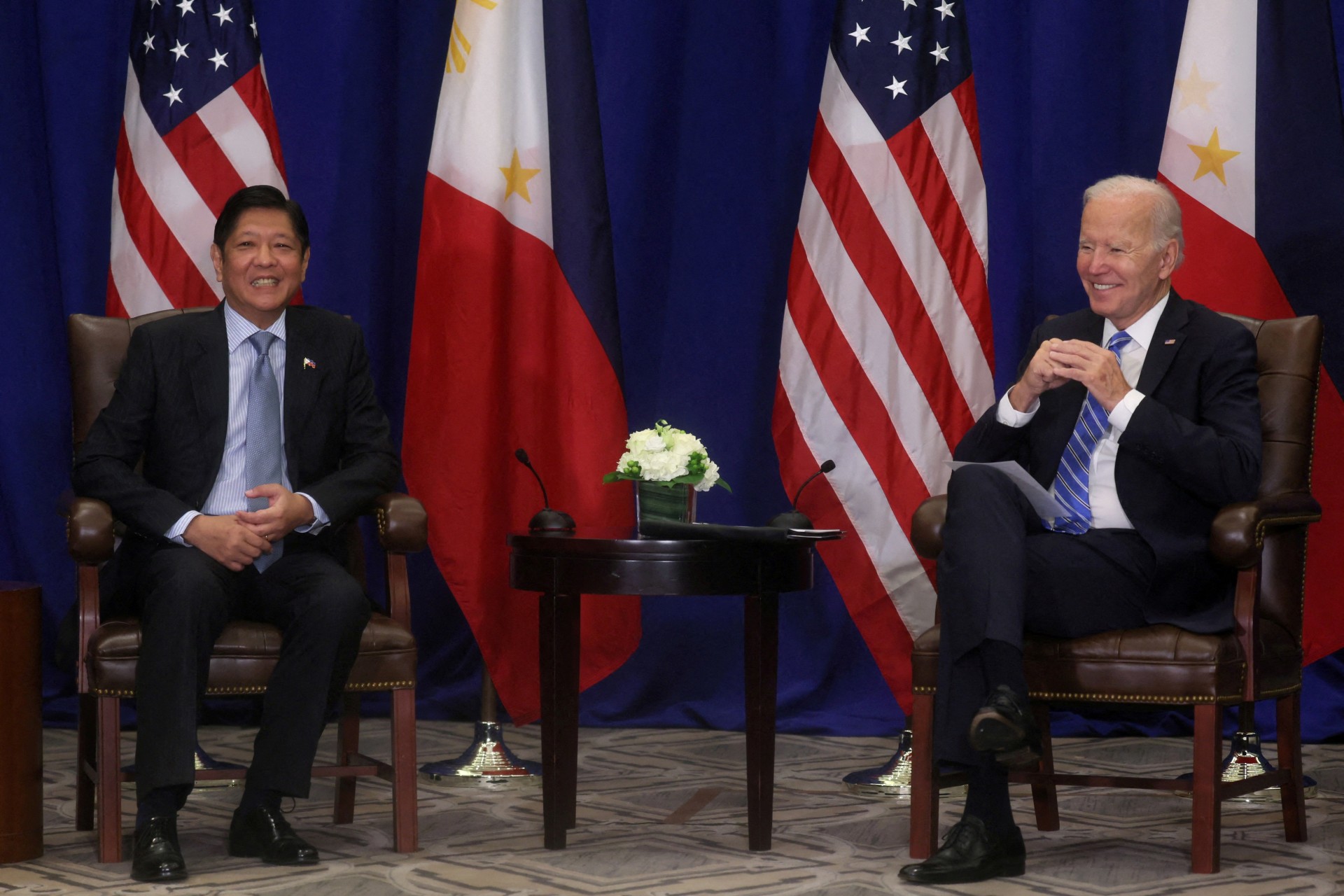Marcos Jr. Lies About Ending the Brutal Philippine Drug War—And a Lot More
Despite Philippine President Ferdinand Marcos Jr.’s promises to end the brutal drug war, he has continued the violent policies of his predecessor, Rodrigo Duterte.

By experts and staff
- Published
Experts
![]() By Joshua KurlantzickSenior Fellow for Southeast Asia and South Asia
By Joshua KurlantzickSenior Fellow for Southeast Asia and South Asia
After taking office in 2022, Philippine President Ferdinand Marcos Jr., courting the United States and other democracies, often spoke about winding down the bloody and brutal drug war initiated by his predecessor, Rodrigo Duterte. When Duterte became president of the Philippines in 2016, he instituted the “drug war”: a zero-tolerance approach to drugs in which Duterte encouraged the police, and tacitly encouraged vigilantes, to kill anyone involved in drugs, turning parts of many cities into nightly killing areas.
This policy spurred widespread extrajudicial killings of anyone who could plausibly be linked to using or selling drugs—even if that stretched “plausibility” came from a neighbor who had a grudge against someone and then labeled them a drug user. As the New York Times has noted, rights groups estimate that as many as 30,000 people have been killed in the drug war to date.
Marcos Jr., who hates Duterte and offers a much smoother veneer than his wild and profane predecessor (Duterte called everyone from the Pope to Barack Obama a “son of a whore”), pledged massive changes in many areas of Philippine domestic and foreign policy. To his credit, Marcos Jr. has made some policy shifts. He has moved Manila away from China and instead towards close strategic links to the United States. He has taken significant steps to restore the country’s economically vital tourism industry. He has reached out to a wide range of donors and investors to revamp the Philippines’ badly-resourced infrastructure.
As part of this makeover, Marcos Jr. has promised to restore Manila’s human rights record. He vowed to stop the drug killings, create a mechanism to hold past killers accountable, and reduce the increasingly autocratic approach of his predecessor toward civil society, opposition politicians, and the media. He said that the Philippines would be “bloodless,” and that Philippine policy would “now (be) geared towards community-based treatment, rehabilitation, education and reintegration.”
But these promises, like many of Marcos Jr.’s on key issues, have proven completely hollow. Many leading democracies, most international media, and even some rights groups seem to have accepted Marcos at his word—global media coverage of the drug war has subsided. Despite recently creating a task force to supposedly investigate Duterte-era drug war killings, he has maintained Duterte’s bloody drug war. For more on Marcos Jr’s failed promises, read the new article for World Politics Review.
This publication is part of the Diamonstein-Spielvogel Project on the Future of Democracy.
